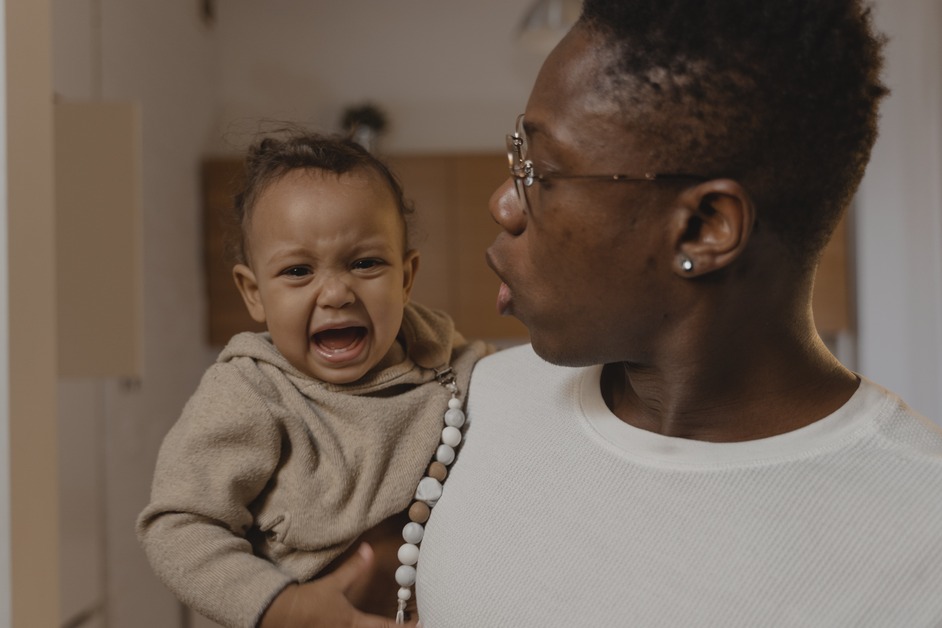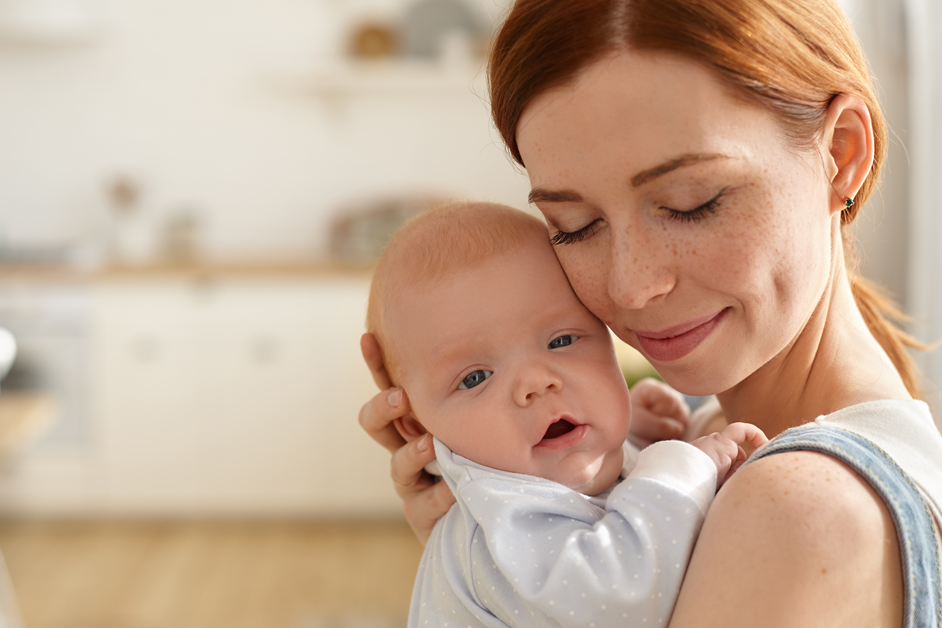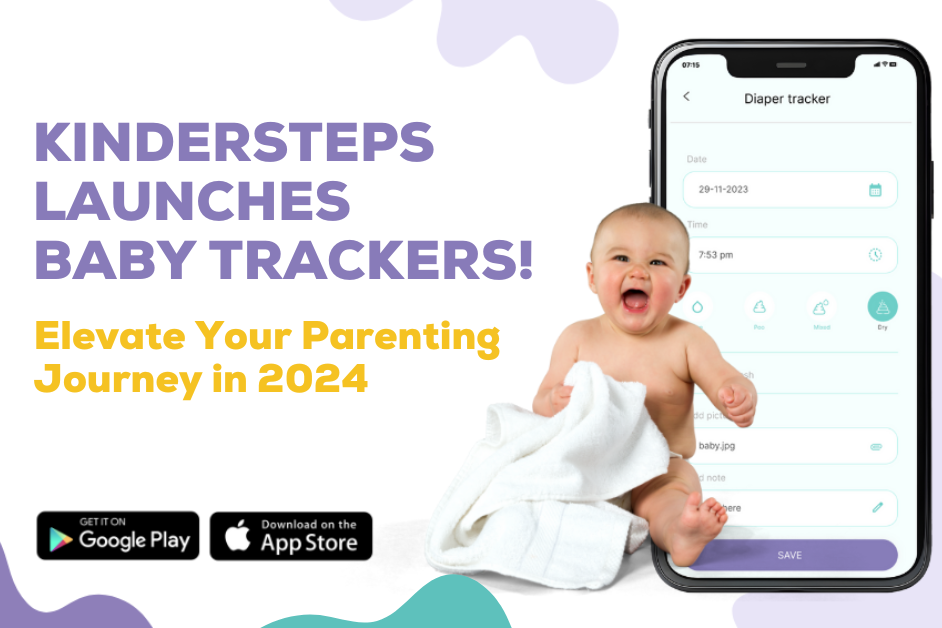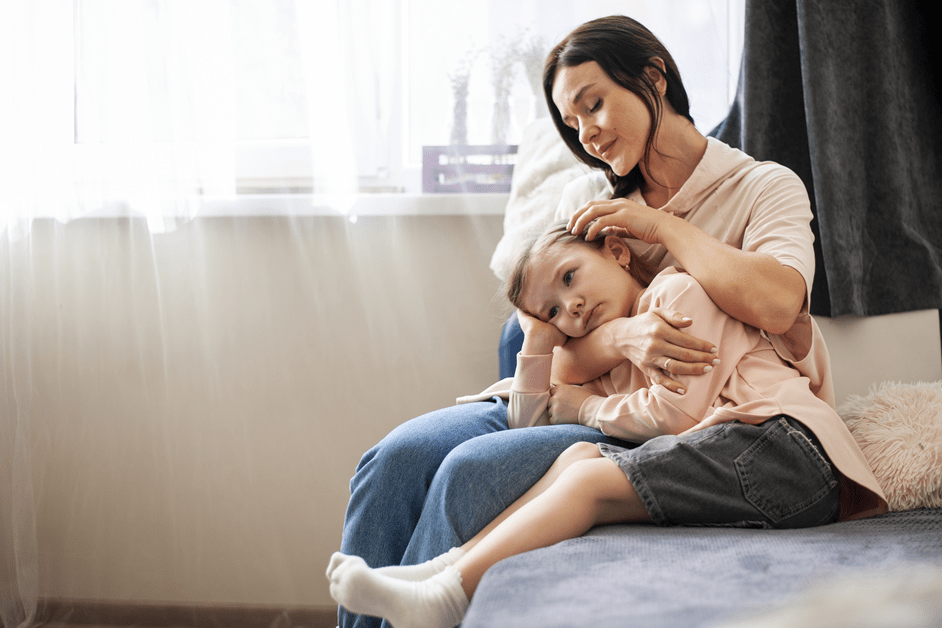Identify the problem:
If your baby is afraid of strangers, you would first need to identify the problem.
Cry baby - your baby may cry or fuss when someone new comes near them. They may also try to hide behind you or cling to you when someone new is around.
Refuse to interact - your baby may refuse to interact with new people or have a hard time warming up to them. If you notice any of these signs, your baby is likely feeling scared or uncomfortable around new people.
Cry baby - your baby may cry or fuss when someone new comes near them. They may also try to hide behind you or cling to you when someone new is around.
Refuse to interact - your baby may refuse to interact with new people or have a hard time warming up to them. If you notice any of these signs, your baby is likely feeling scared or uncomfortable around new people.
Always stay calm:
Keep calm and relaxed when introducing your baby to new people. This will help your baby feel more at ease and less intimidated by the situation.
Introduce your baby to new people:
Gradually introduce your baby to new people. You can start with one or two people at a time, and let them meet your baby in a safe, comfortable setting. Start by having friends or family members come over for short visits. Once your baby gets used to having new people around, you can start taking them out in public places like the park or the library.
Did you know that it is perfectly normal for a 6 to 8-month-old baby to feel stranger anxiety, it typically peaks between 12 and 15 months.
Increase positive interactions:
Try to engage your baby in positive exchanges with new people, such as playing peek-a-boo or reading a book together. If your baby is still uncomfortable around strangers, don't force them to interact. Instead, try to provide reassurance and support.
Provide support:
Let them know that it's okay to be afraid and that you're there for them. Reassure them of your presence by hugging them and rewarding them for overcoming small obstacles. Don’t force your baby to interact with people if they don’t want to. If they start to cry or seem uncomfortable, respect their feeling and let them take a break from socializing.
Set reasonable expectations:
Remember every child is different. Don't force them to interact with anyone they're uncomfortable with just let them approach people at their own pace. With a little patience and understanding, your baby will eventually overcome its fear of strangers.
If your child is displaying signs of anxiety around strangers, it's important to seek professional help. A qualified mental health professional can assess your child's individual needs and guide how to best address their fears. If left untreated, anxiety can lead to more serious mental health problems down the road. So if you're concerned about your child's behavior, don't hesitate to reach out for help.






.jpg?alt=media&token=166b64a9-274c-400c-95e4-baf0013e7e43)
